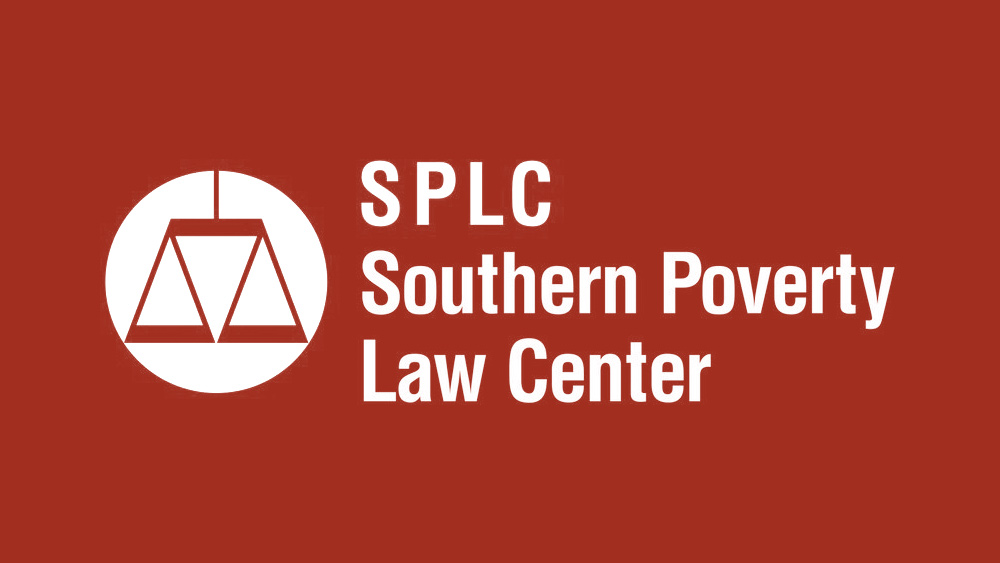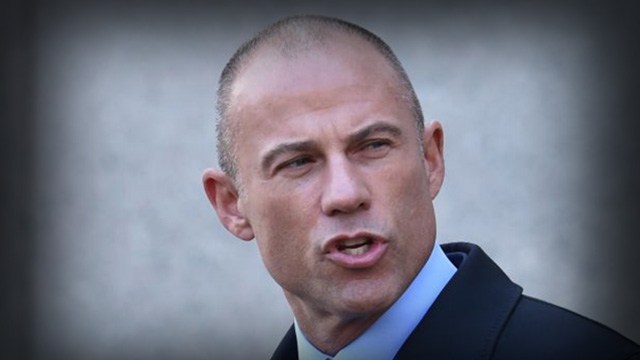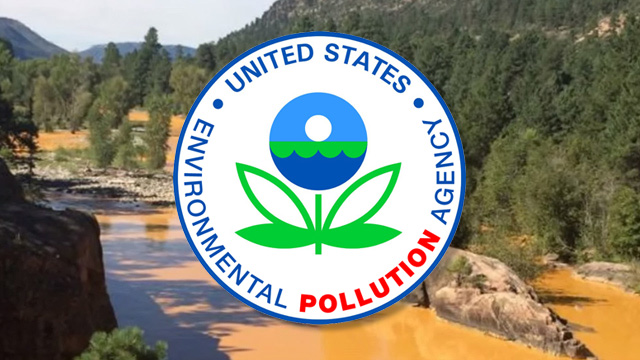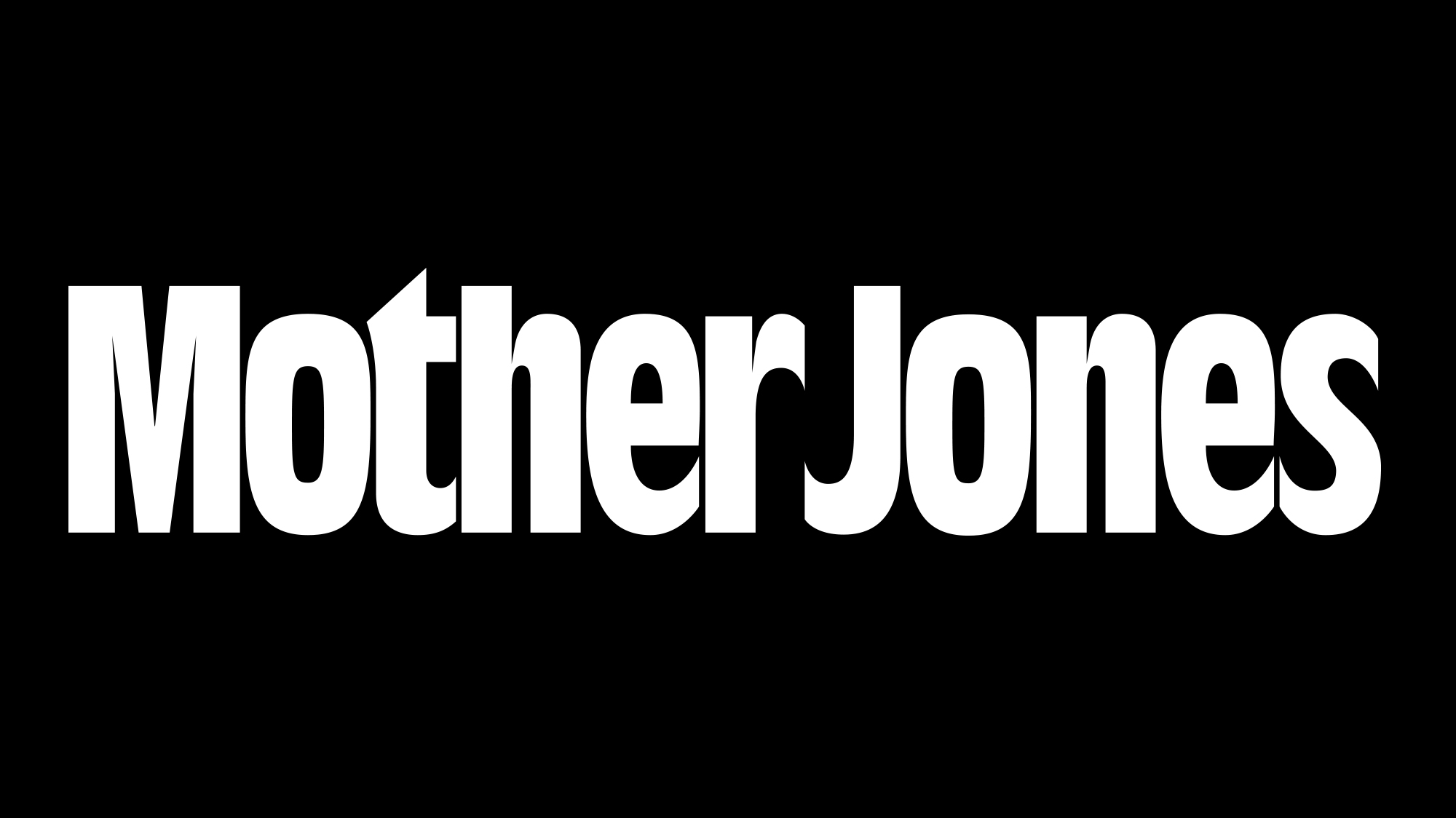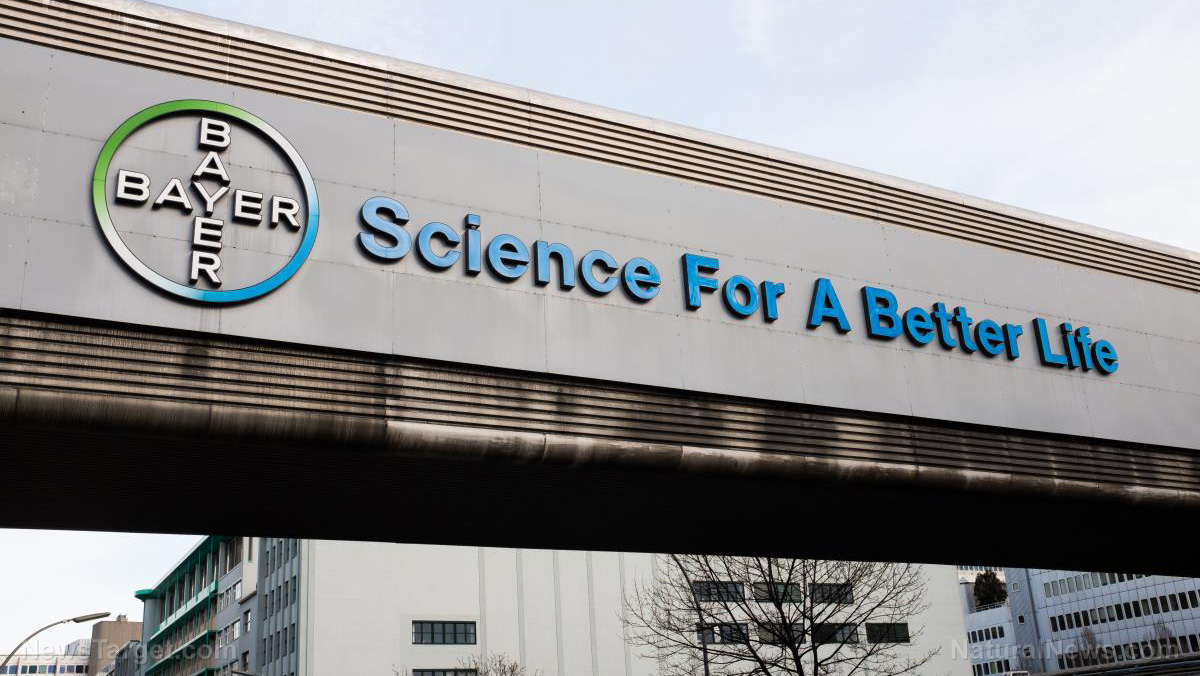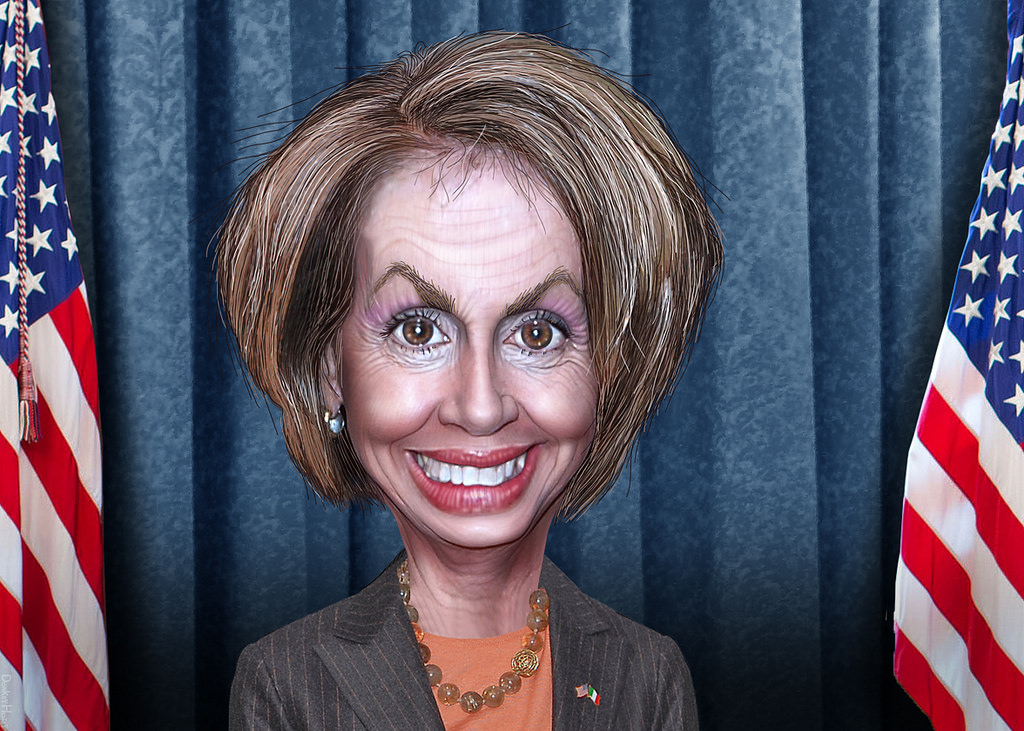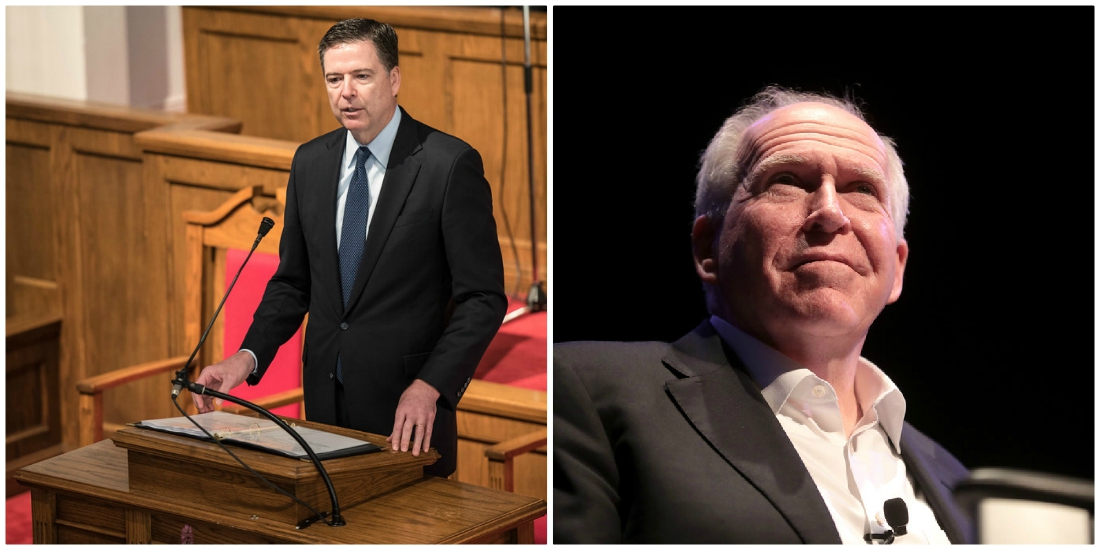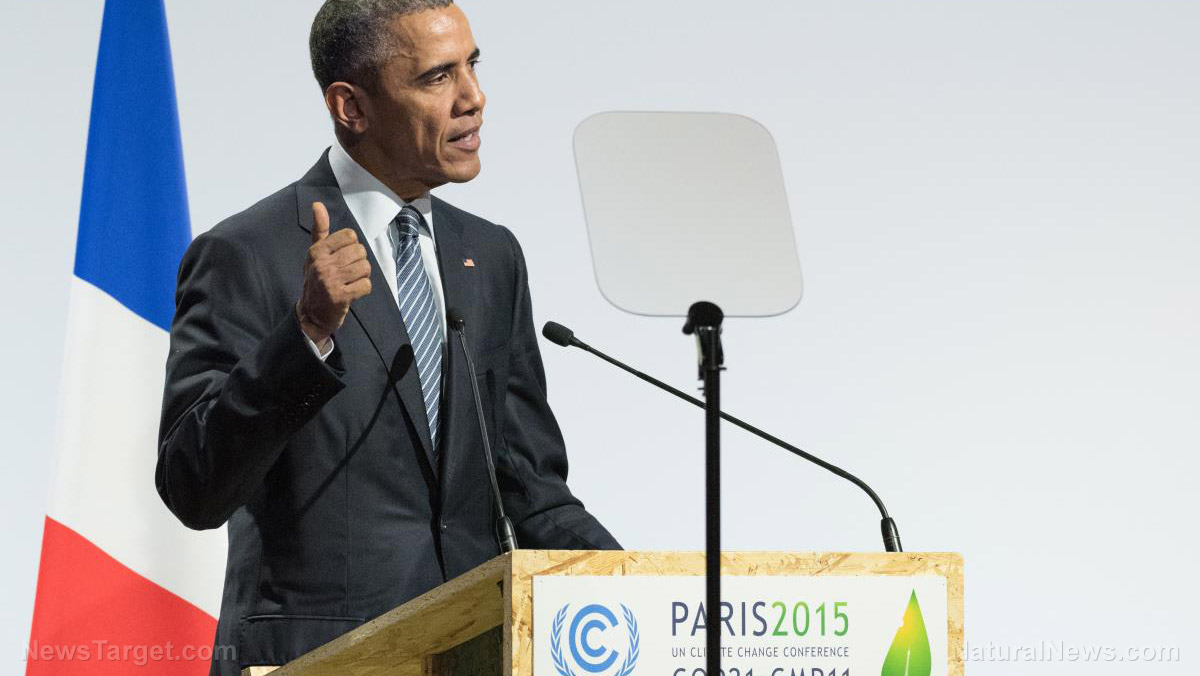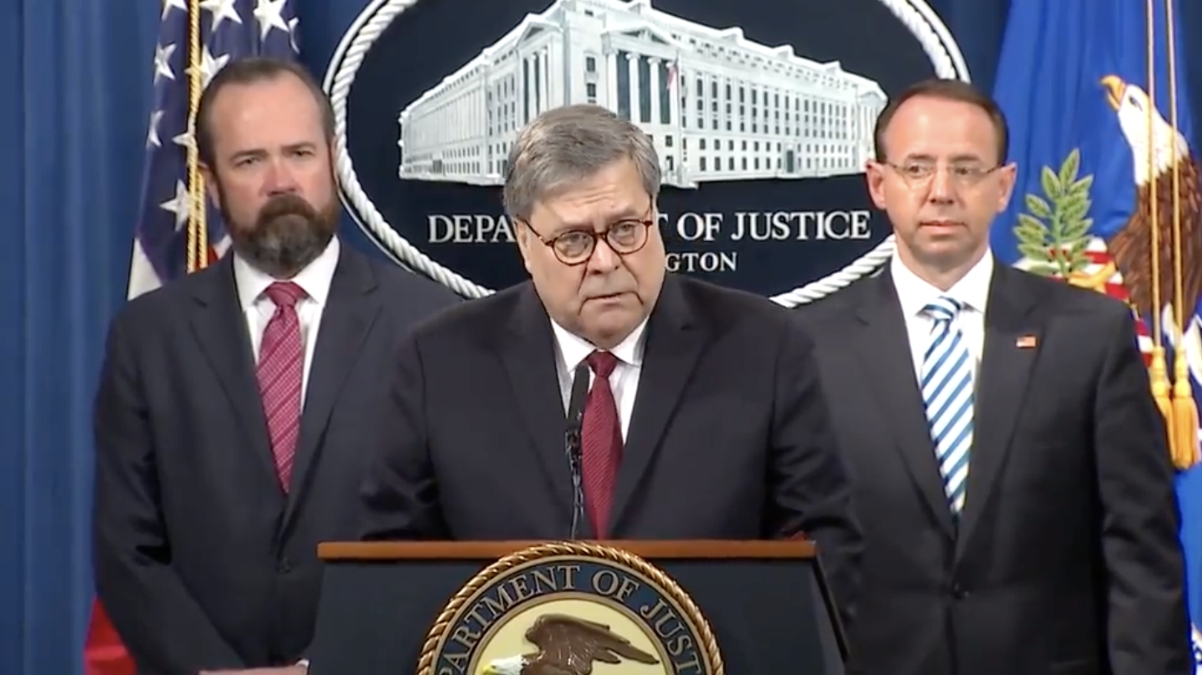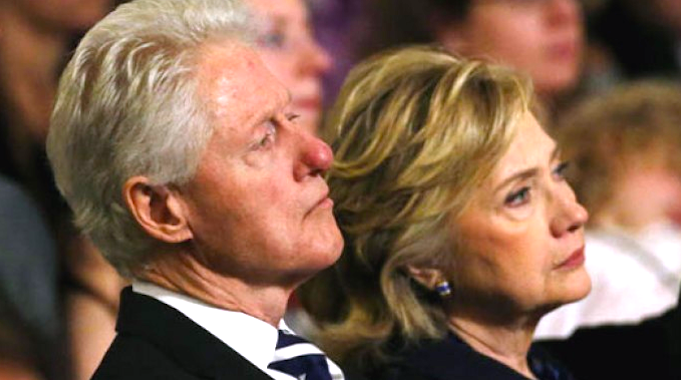Not just the vaccine industry: The CDC is in bed with Big Tobacco, too… director forced to RESIGN after being caught
02/11/2018 / By Ethan Huff

The shocking resignation of U.S. Centers for Disease Control and Prevention (CDC) head Dr. Brenda Fitzgerald illustrates once again the rampant corruption not only within the United States federal government, but specifically within our nation’s regulatory bodies.
In case you missed it, Politico first broke the story on Dr. Fitzgerald’s voluntary removal from the CDC. The former Georgia Department of Public Health Commissioner reportedly purchased stocks in tobacco companies almost immediately after being appointed by the Trump administration as head of the CDC – an obvious conflict of interest.
The only reason Dr. Fitzgerald abruptly decided to resign from her post is because she was caught. Pretending to be against tobacco while maintaining financial ties to the tobacco industry is only possible when nobody else knows about it. In this case, Dr. Fitzgerald had no choice but to accept a recusal.
“Like all presidential personnel, Dr. Fitzgerald’s financial holdings were reviewed by the HHS Ethics Office, and she was instructed to divest of certain holdings that may pose a conflict of interest,” a spokesman from the U.S. Department of Health and Human Services (HHS) told Politico about Dr. Fitzgerald’s resignation.
“During the divestiture process, her financial account manager purchased some potentially conflicting stock holdings. These additional purchases did not change the scope of Dr. Fitzgerald’s recusal obligations, and Dr. Fitzgerald has since also divested of these newly acquired potentially conflicting publicly traded stock holdings.”
Dr. Fitzgerald was heavily invested in five major tobacco companies prior to being appointed as CDC head
What’s interesting about this plea by the HHS in Dr. Fitzgerald’s defense is that it makes no mention of her earlier conflicts of interest prior to being appointed as CDC head. Reports indicate that Dr. Fitzgerald had already been under scrutiny for her questionable stock holdings before this latest incident, and that she was actually prevented from testifying before Congress back in January because of them.
Dr. Fitzgerald’s stock holdings before accepting her position at the CDC included five major tobacco companies: Reynolds American, British American Tobacco, Imperial Brands, Philip Morris International, and Altria Group Inc. Because Georgia’s ethics rules did not prohibit these holdings, Dr. Fitzgerald didn’t run into any problems while maintaining office in the Peach State.
It would have been one thing if Dr. Fitzgerald divested of these holdings after joining on with the CDC, at least giving the appearance of neutrality. But reports indicated that she actually sought out new tobacco stocks to purchase after being appointed at the CDC, which makes little sense when the CDC is supposedly an anti-tobacco agency.
“It’s stunning,” president of the Campaign for Tobacco-Free Kids, Matthew Myers, told Politico.
“It sends two messages, both of which are deeply disturbing. First, it undermines the credibility of a public official when they argue that tobacco is the No. 1 preventable cause of disease. Second, and perhaps even worse, it indicates a public official is willing to put their personal profit above the ethics of investing in a company whose products cause so much harm.”
Dr. Fitzgerald’s ties to vaccine companies prove without a doubt that she doesn’t belong at the CDC
Dr. Fitzgerald was certainly aware of the fact that her private financial dealings didn’t match her public persona. After all, just one day prior to visiting and touring the CDC’s Tobacco Laboratory – pretending all the while to hate tobacco – Dr. Fitzgerald had invested money in Japan Tobacco, one of the world’s largest tobacco companies.
Dr. Fitzgerald also purchased stock in several drug companies that manufacture vaccines. One of those is Merck & Co., which is currently working on an Ebola vaccine that the CDC will presumably contract to buy from the drug giant at some point in the future. Holding stock in this company as Dr. Fitzgerald does represents a perhaps even more serious conflict of interest than her tobacco holdings.
The same is true of Dr. Fitzgerald’s holdings in Bayer, which partners with the CDC Foundation to “prevent the spread of the Zika virus.” As we reported back in 2016, the Zika scare was little more than a fraudulent medical hoax designed to shovel more cash into the coffers of vaccine companies while scaring the public into being medically raped for corporate profit.
It’s not as though the CDC was some kind of beacon of truth and integrity prior to Dr. Fitzgerald’s appointment. To the contrary, the agency has functioned as an arm of the vaccine industry for quite a long time. Perhaps most noteworthy was the CDC’s blatant coverup of science showing that Merck’s MMR vaccine for measles, mumps, and rubella had been linked to statistically significant increases in childhood autism, particularly in young baby boys.
“Brenda Fitzgerald’s personal financial stake in companies such as Merck and Bayer only illustrates, in microcosm, the CDC’s longstanding willingness to cozy up to Big Pharma and Big Health Care in defiance of ethics rules,” says the World Mercury Project, which is working in the public interest to expose the dangers of chemical-laden vaccines – which, ironically, is what the CDC itself should be doing.
“What the United States urgently needs – and taxpayers firmly deserve – is ethical leadership across the board at CDC, provided by individuals who are free from financial conflicts both before and after taking office. The far-reaching health decisions made by CDC officials need to be driven by solid and truly independent science, not by officials’ pocketbooks.”
Follow more revelations about the corruption of the CDC at CDC.news.
Sources for this article include:
Tagged Under: bad medicine, Big Pharma, Big Tobacco, brenda fitzgerald, CDC, conflict of interest, corruption, ethics violations, evil, medical ethics, Merck, personal gain and profit, stocks, tobacco companies, Twisted, vaccine industry
RECENT NEWS & ARTICLES
COPYRIGHT © 2017 CONSPIRACY NEWS

